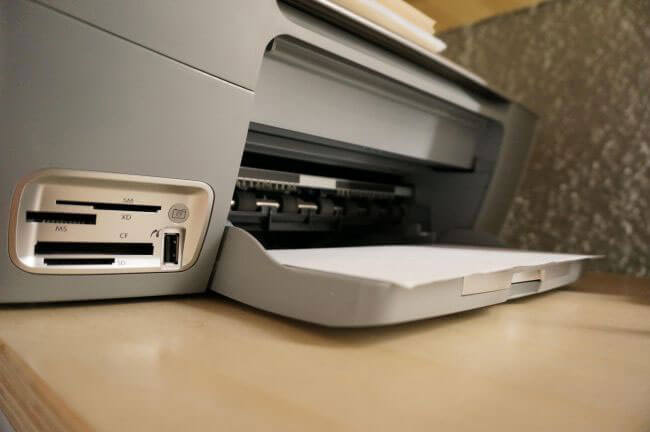
Former U.S. President Donald Trump’s controversial decision to declassify evidence provided by ex-British spy Christopher Steele regarding alleged connections with Russia has now come under scrutiny. Steele, known for his role in compiling the infamous “Steele dossier,” made public a startling claim in court documents on Tuesday. The revelations indicate that this declassification led to the disappearance of two sources linked to Steele’s work.
A Breach of Intelligence Protocol
Steele’s testimony, initially given to Special Counsel Robert Mueller’s investigation in 2017, was at the center of this controversy. In a witness statement, he boldly stated that Trump’s decision to declassify this sensitive information was “one of the most egregious breaches of intelligence rules and protocol by the US government in recent times.”
In addition, Steele raised concerns about the fate of two Russian sources, who have not been heard from or seen since. These sources were essential contributors to the information in the “Steele dossier.”
Legal Battles Unfold
This revelation surfaced just as Donald Trump initiated legal proceedings in London’s High Court. He is pursuing a data protection lawsuit against Orbis Business Intelligence, a British private investigations firm co-founded by Steele. As he clarified in his witness statement, Trump’s motivation behind this lawsuit is to prove that the claims in the “Steele dossier” are false.
The “Steele dossier,” published by BuzzFeed in 2017, asserted connections between Trump’s campaign and Russia, including allegations of compromising behavior by Trump. While many of these allegations remained unverified, Trump’s legal team argued that the report was “egregiously inaccurate.” The former president dismissed it as containing “numerous false, phony, or made-up allegations.”
In contrast, Orbis contends that Trump’s legal action is primarily driven by his grievances against the company and Steele.
Steele’s Testimony and the Mueller Investigation
Steele had originally provided evidence during an interview with two FBI agents as part of Robert Mueller’s investigation into potential collusion between Trump’s 2016 campaign and Russia. Mueller concluded in 2019 that there was no concrete evidence of a criminal conspiracy between the two.
However, on the final day of his presidency, Trump declassified Steele’s evidence and handed over a copy of his testimony to a journalist. Steele lamented that the publication of this document had caused significant damage to U.S. government operations involving Russia and their ability to recruit new Russian sources.
Personal Vendetta and Motivations
In his witness statement, Steele asserted his belief that Trump’s actions were driven by a personal vendetta against him and Orbis. He contended that Trump’s discovery of Steele’s friendship with his daughter Ivanka had strained their relationship and deepened the animosity. Steele suggested that this personal rift was significant in Trump’s “vindictive and vexatious conduct” towards him and Orbis.
In response, Trump vehemently denied any relevance of his daughter Ivanka to the legal claim and found any mention of her to be a distraction from the behavior of Orbis and Steele. Trump emphasized that any inference or allegation about his relationship with his daughter was “untrue and disgraceful.”
This ongoing legal battle raises numerous questions about the declassification of intelligence information, personal motivations, and the veracity of the claims made in the “Steele dossier.” The outcome of this lawsuit could have far-reaching implications on both sides.
Don’t be a silent ninja! Let us know your thoughts in the comment section below.
















































